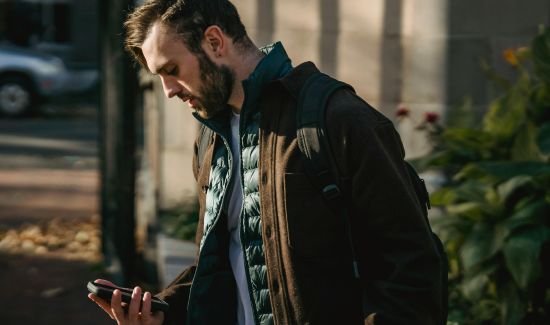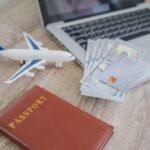
Leaving safety tips is very important for your safety and the safety of your loved ones when you travel or relocate—small steps like securing your home, sharing itineraries, and staying alert prevent many risks. Staying prepared ensures a smooth and safe journey. Do check scooter safety guidelines for extra protection and travel smartly.
Table of Contents
1. Plan for a Safe Journey
Proper planning can significantly reduce your risks. Studies have shown that 65% of incidents happen due to poor planning. Make a checklist with emergency contacts, necessary documents, and a first-aid kit. Double-check travel requirements, such as visas or permits, before departure. A little planning can make your trip stress-free.
2. Share Your Travel Itinerary

According to the FBI, in 78% of missing persons cases, their loved ones did not know their plans. Be sure to share your itinerary with a trusted friend or family member who also has information about your stay. If plans change, update them. This small habit can act as a lifeline in emergencies.
3. Secure Your Home Before Leaving
According to the U.S. Department of Justice, homes without security measures are three times more likely to be burglarized. Lock all windows and doors, install light timers, and notify neighbors of your absence. Consider installing smart cameras to monitor your home remotely. For more detailed advice, check out these safety guidelines before leaving home to ensure maximum security.
4. Pack Emergency Essentials

A Red Cross study found that 60% of travelers need to prepare for emergencies. Always carry basic supplies including bandages, disinfectant, painkillers, and a spare charger. It’s a good idea to bring a whistle or flashlight for safety. These important pieces of information make unexpected situations manageable.
5. Research Your Destination Thoroughly
The research found that 42% of tourists encountered problems that could have been avoided due to a lack of preparation. Be sure to research local laws, customs, and common scams before you travel. Provide an emergency contact number, such as your country’s embassy number. or local police contact number Being informed can greatly reduce your risk.
6. Keep a Balanced Itinerary

An overloaded schedule exhausts you and makes you more vulnerable to accidents, according to a WHO report. Include breaks in your daily plans and do not cram so many activities that you do not run out of time. Factor in extra time for delays. Balanced plans enhance both your safety and experience.
7. Choose Safe Transportation Options
According to the WHO, 1.35 million people die on the roads every year due to unsafe driving. Use a licensed taxi. Regulated car-sharing apps or famous public transportation Avoid unmarked or suspicious vehicles. Choosing safe transportation directly affects your safety.
8. Stay Vigilant in Crowded Places

Pickpocketing accounts for 33% of tourist crimes, according to Interpol data. Keep valuables in anti-theft bags and be vigilant in busy areas such as markets or train stations. Avoid using the phone in crowded spaces. Awareness is your strongest defense against petty crimes.
9. Protect Your Digital Information
Cybercrime that targets travelers has increased by 30% in recent years, according to cybersecurity reports. Use a VPN to secure your Internet connection and avoid public Wi-Fi for sensitive transactions. Back up your important files before traveling. Protecting digital data is as important as protecting physical belongings.
10. Carry Copies of Important Documents

Loss of a passport or ID can create major problems, and embassies report 10,000 such cases each year. Keep digital and physical copies of your essential documents, such as passport, visa, and insurance. Store the originals in the hotel safe and carry the copies while you search for them. These copies can save stress and time.
11. Stay Hydrated and Eat Wisely
Dehydration affects 55% of travelers, which causes fatigue and poor judgment, according to health studies. Drink filtered or bottled water and avoid street food that can upset your stomach. Prioritize balanced meals to keep your energy up. Staying healthy keeps you focused and ready. For more on hydration, check out Workplace Hydration Safety Instructions for additional insight.
12. Know Emergency Procedures
In particular, 40% of tourists do not know local emergency numbers. This will delay the onset of the crisis. Always keep the hotel’s evacuation route and the equivalent of 911 in mind. Learn the basics of general wound first aid. When talking about crisis prevention Preparation can make all the difference.




